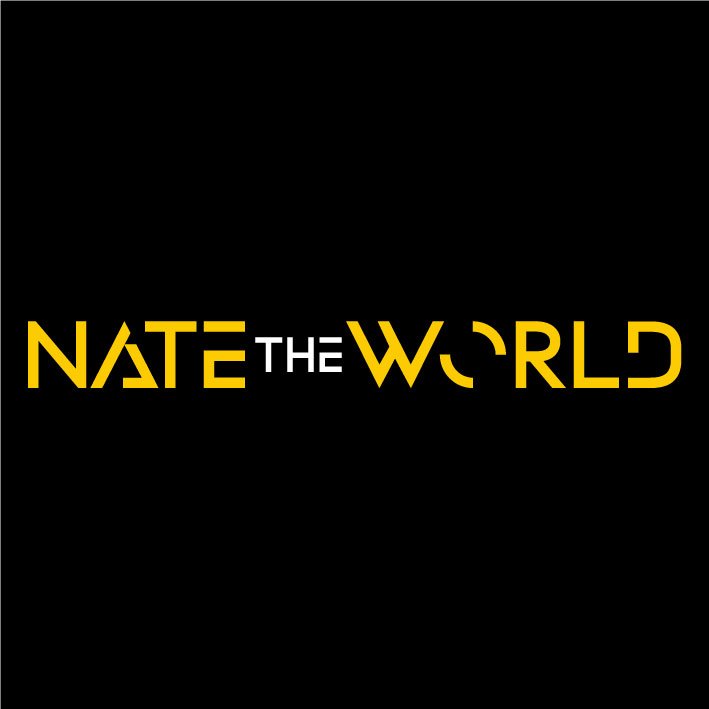I was born in the fall of 1983. "Nebraska" was released in 1982 and "Born in the U.S.A." was released in 1984. In 1983, Bruce Springsteen was one of, if not, the biggest rock star in the world. Unfortunately for me, I wouldn't discover The Boss until 2002's "The Rising." Like most Americans after 9/11, I was searching for music, poetry, stories, movies... anything to encapsulate what I was feeling. The first time I heard "The Rising" I found what I could not express. To me, Bruce's songs were more than just music. They were powerful lyrics masquerading as poetry. They were a summation of the national conscience. Throughout the entire album, he preached what we were feeling and gave us power. He made us proud to be Americans again and he connected us to New York, Washington D.C., and Pennsylvania, even if we weren't from there. Much like Pete Seeger, Bob Dylan, and Johnny Cash, Bruce has used music as both protest and protector. For these and many other reasons, I have fallen deeply in love with his entire catalog. This has also led me on a search to discover everything I can about his influences.
This book was given to me by a dear friend. She knew I was beginning down the rabbit hole and wanted to give me a swift start. My copy was a little over 100 pages. Needless to say, it wasn't nearly in depth as I hoped, but it did spark my curiosity. From these few pages, I was able to learn about Bruce's genesis in the clubs of New Jersey. Panora's box was opened and I was exposed to the artists who influenced his writing and music styling; all artists who I am now investigating. I was introduced to the painstaking world of music. As a lover of lots of different kinds of music, I think I have often discounted how incredibly difficult it is to be discovered, the gypsy lifestyle that comes with life on the road, and the multi-faceted approach required for one to market music. Thankfully, this book helped me discover the truth. Now, I have an even deeper admiration for those who pursue this life.
The world remembers revolutionaries. We celebrate those who are confronted with the status quo and demand something more. We do our best to emulate these trendsetters to the best of our ability. Here we learn imitation is often the highest form of flattery. In my estimation, Bruce Springsteen should be held in this regard. The 1970's was filled with Disco and Punk. Most of the 80's would be dominated by hair bands and quite possibly some of the worst rock and roll music to ever be produced. Artists like Bruce could have cashed in and chased steady income. They could have followed the trends. They could have dismissed everything they believed to be true and sold out like so many artists do. Instead, he and others like him forged their own path. That should be a lesson to us all. If we deeply believe in something, we should commit to it wholeheartedly without regard to popular wisdom. Our life is ours and we should live it without giving much thought to popular opinion.
Finally, this book left me thinking about impact. Quickly scanning through my collection, these are the artists I love who are or were influenced by Bruce Springsteen: Band of Horses, Brandon Flowers, Citizen Cope, City and Colour, The Civil Wars, The Cowards Choir, Dave Matthews Band, David Ramirez, Eddie Vedder, The Gaslight Anthem, The Killers, Kings of Leon, Mumford and Sons, My Morning Jacket, The National, Pearl Jam, Pete Yorn, Ryan Adams, and Wilco. Those are just the bands in my collection. When we view these bands' impact on popular music, the ripple effect stemming from Bruce Springsteen and The E Street Band in undeniable. There is a lesson here for us too. When we are authentic in whatever we pursue, amazing things can happen and the difference we can make on our small slice of the world can be immeasurable.
While I wish this book had been longer and more in-depth, it did give me much to think about and process. Now, I cannot wait for the next book on the Boss. Until then, back to the music.
Be good to each other,
-Nathan

